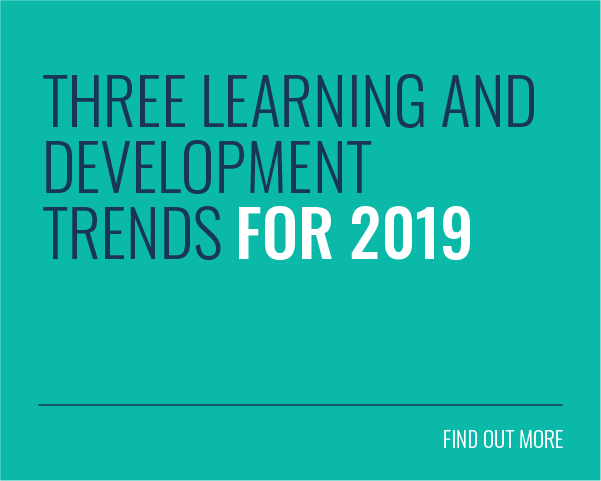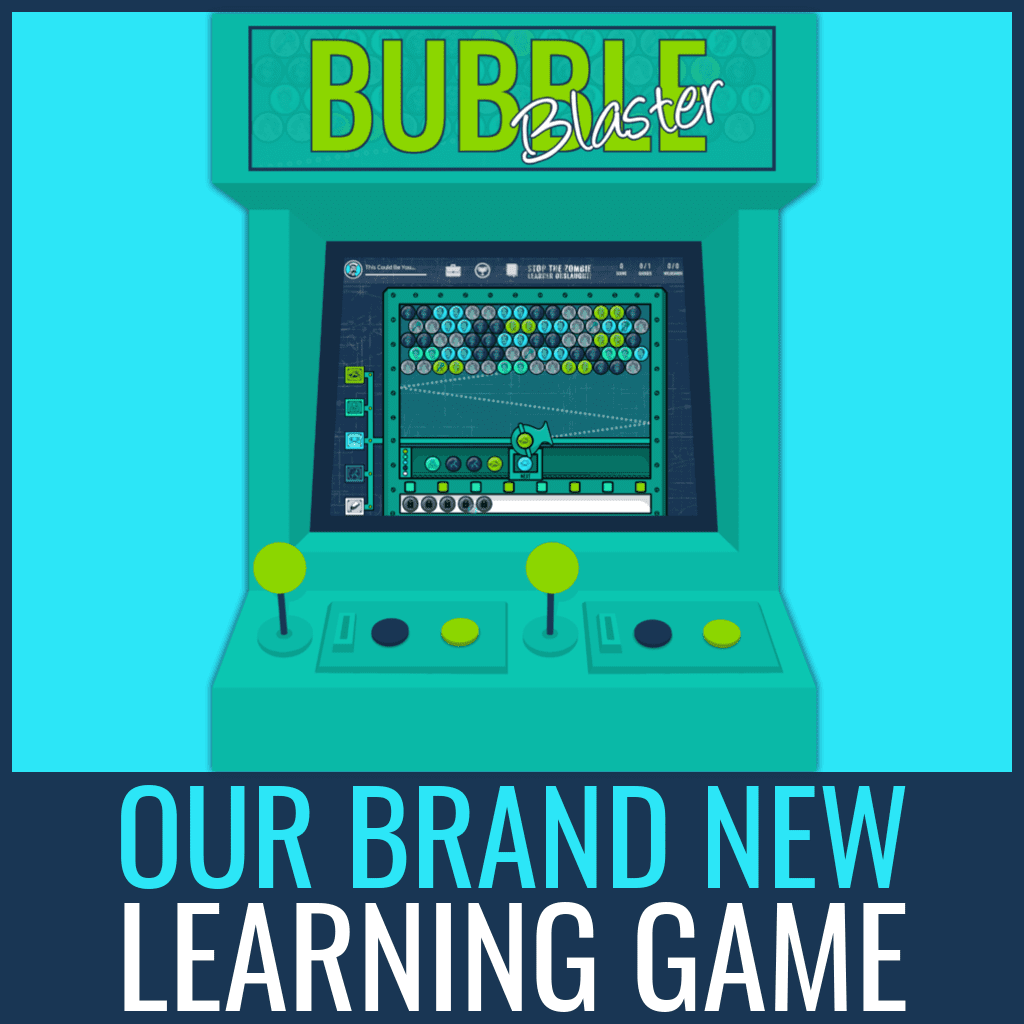 There have been some incredible sporting achievements in recent days! We’ve seen new champions crowned at the Euro 2016 final, a returning champion crowned at the Wimbledon final, and a calm and collected British Grand Prix win.
There have been some incredible sporting achievements in recent days! We’ve seen new champions crowned at the Euro 2016 final, a returning champion crowned at the Wimbledon final, and a calm and collected British Grand Prix win.
Watching athletes push their bodies to extremes is always impressive and inspiring. On occasion, it might even inspire you to think about getting up and going for a jog, before you return back to whatever you were doing.
But there’s also a lot that sporting triumphs can teach learning and development professionals. Let’s take a look at three of the biggest recent sporting achievements, and see how they could inspire our own training efforts:
[us_separator type=”default” icon=”fas|star”]
Portugal win Euro 2016
Persevere
As they walked out onto the pitch, France were the clear favourites to win the tournament. They’d performed well in the knockout phases, and had the home-team advantage. By contrast, Portugal had underperformed throughout the tournament, and didn’t seem to be on top form. But thanks to their perseverance, they were the ones lifting the trophy after the final whistle.
When you run a training programme, the payoff isn’t immediately apparent. In fact, at times it can seem as though you’re not making a huge impact. But with perseverance, your learners will become increasingly knowledgeable and competent, until they’re able to perform in ways you could only have dreamed of before!
Use teamwork
Before the final, there were concerns that the team might rely on their star player to carry them through the game. But as Ronaldo was forced off with an injury after just 25 minutes, it was clear that the team would need to work together to win. Their victory is a huge testament to the power of collaboration!
As it happens, teamwork has been one of Portugal’s strongest qualities throughout the tournament. In fact, a video has been passed around on social media showing Ronaldo motivating and encouraging his teammate João Moutinho, who was nervous about taking part in a penalty shootout:
How Cristiano motivated and encouraged João Moutinho to take a penalty in the shootout vs Poland. Grande Capitão! pic.twitter.com/sAMVWPSIPa
— Jan Hagen (@PortuBall) July 4, 2016
While the individual is important in learning and development, ultimately you want the entire team to improve. Enabling social learning allows learners to interact and collaborate with one another, and makes their training much more effective.
Take leadership
While Portugal’s players were pushing themselves out on the pitch, let’s not forget that they had a strong leader in the form of their manager – Fernando Santos.
In setting up his team and tactics, he ensured that everyone was playing a specific role and was working according to a clear strategy. He also wasn’t afraid to alter his strategy during the match, adapting to how the game was playing out.
Santos is just like the manager of a training programme, or the admin on an LMS. You need to plan out your training programme so that it’s working towards clear goals, and you need to think carefully about the journey your learners will take. You should also monitor the programme closely, and be brave enough to step in and adapt it if it isn’t working to its full potential.
[us_separator type=”default” icon=”fas|star”]
Andy Murray wins Wimbledon 2016
Make gradual progress
Much like Portugal in Euro 2016, Andy Murray’s career has been one of perseverance. He’s worked incredibly hard over the years, each time getting closer and closer to winning the Grand Slams. Each time he did better than before, until finally he reached the world-class level that he plays at now.
When running a training programme, there’s no quick fix. You can’t just flick a switch and instantly give your learners all of the information they need. Deliver it to them steadily so that they can take everything on board properly and continue to improve.
Remain driven
In 2013, Andy Murray finally won Wimbledon, ending Britain’s long 77-year drought. Some people would be pretty content with this and would take the opportunity to hang up their racket and find a nice retirement home by the sea. But Andy was spurred on by the win, and saw it as an opportunity to push even further.
Now that he’s added a second feather to his Wimbledon cap, is it time for him to start easing off the gas? Nope. He says that his best tennis is still ahead of him.
In learning and development, you should avoid becoming complacent. Just because you’ve had one hugely successful campaign, you shouldn’t rest on your laurels! Instead, build on this success and work harder than ever to maintain that momentum and deliver even greater results.
 Learn from Experts
Learn from Experts
Andy Murray didn’t reach these lofty heights on his own. He’s surrounded himself with some of the greatest coaches and experts the sport has to offer. And while he seems to change his coaches almost as often as he changes his tennis shorts, this has allowed him to learn from a wide variety of sources.
Subject Matter Experts can be found throughout organisations of all shapes and sizes. In the learning and development world, you should be consulting with your star players and utilising them wherever you can. For instance, if you’d like to ace your training content, you should involve your subject matter experts in the production process.
[us_separator type=”default” icon=”fas|star”]
Lewis Hamilton wins British Grand Prix
 3…2…1… Go! (Get off to a flying start)
3…2…1… Go! (Get off to a flying start)
Lewis Hamilton’s win at Silverstone was nothing short of flawless. A great start meant that he was able to lead every lap from pole position, allowing him to maintain his momentum and cruise to victory without any trouble.
Similarly, when you launch a new training programme, you’ll find it much easier to engineer and maintain engagement if you get off to a strong start. If you’re launching an LMS any time soon, make sure to check out our 28 tips for a great launch!
Immediate access to experts
Over all of the noise of the engines and screeching tyres, Lewis can still hear his team-mates speaking through the radio in his ear. They’re there at the exact moment he needs them, ready to pass on some vital information which can be used there and then.
We’ve already mentioned the importance of utilising your organisation’s Subject Matter Experts, but it can also be handy to give your learners direct access to them. If your LMS allows it, you can give these experts their own area on the platform, so that all of your learners can ask them questions as and when they come up with them.
Deliver standards of training
Have you ever stopped to marvel at the extreme efficiency on show in a Formula 1 pit stop? Crews have condensed the process to such an incredible level that they’re able to completely change all four tyres in around two seconds:
[vc_video link=”https://www.youtube.com/watch?v=aHSUp7msCIE”]
Of course, reaching this level of skill requires some pretty spectacular training. The whole team has to maintain the same level of training so that they’re all thinking in sync, and know exactly what everyone else is doing during the stop. For this reason, Formula 1 teams develop ways to ensure that a standard of training is delivered to pit crews wherever they might be in the world.
A pit stop is almost like a microcosm of a company, where employees need to work together. It’s important that you have the ability to deliver a standard of training to everyone, so that every employee is trained to the same level and everyone can work together effectively.
[us_separator type=”default” icon=”fas|star”]
With all of that under your belt, you’re about ready to become an L&D athlete! If you’re looking to put together a trophy-winning learning programme, then why not download our free Engagement Engine Workbook? It will help you plan out an engaging programme using gamification, social and personalised learning:









